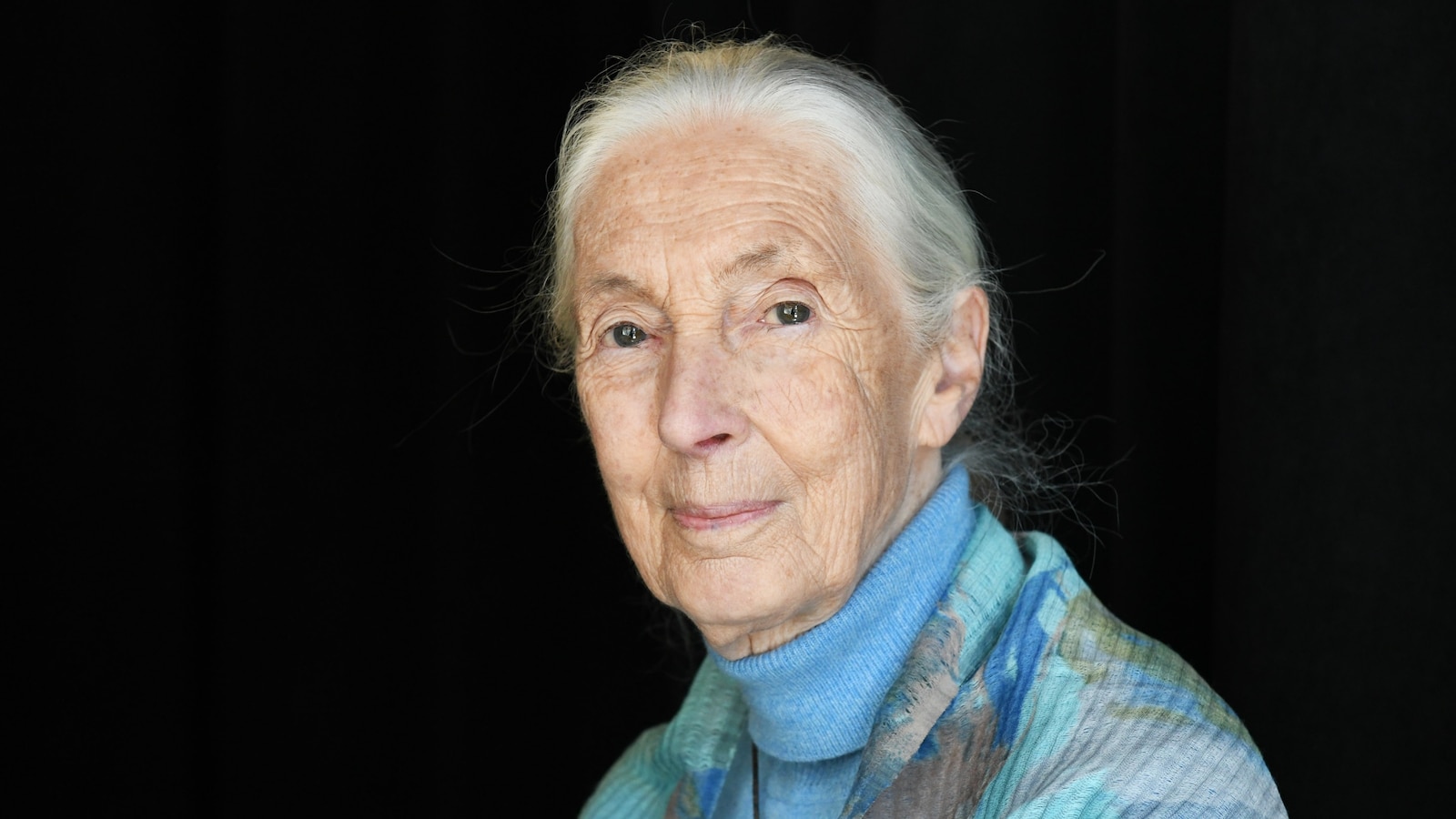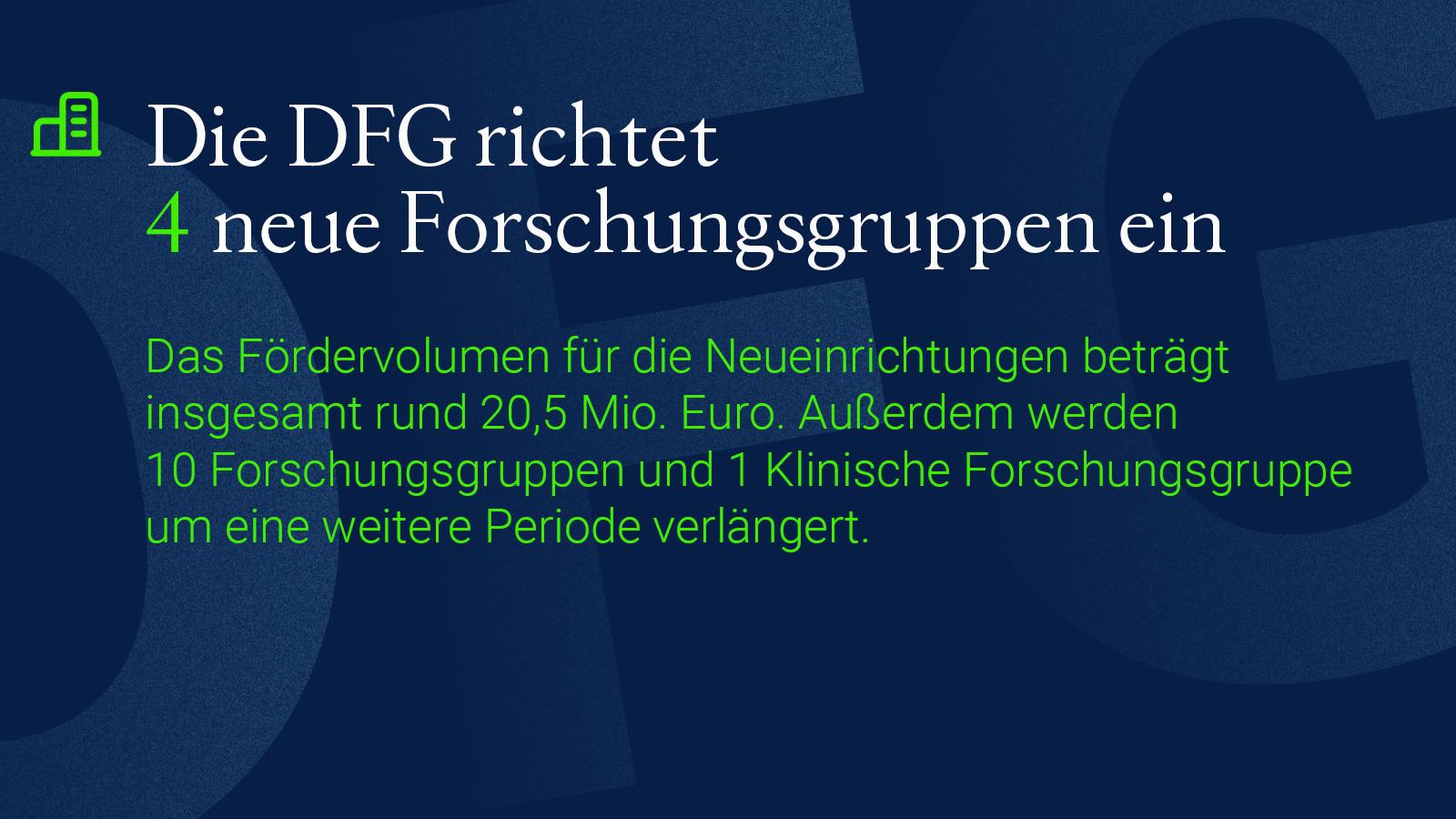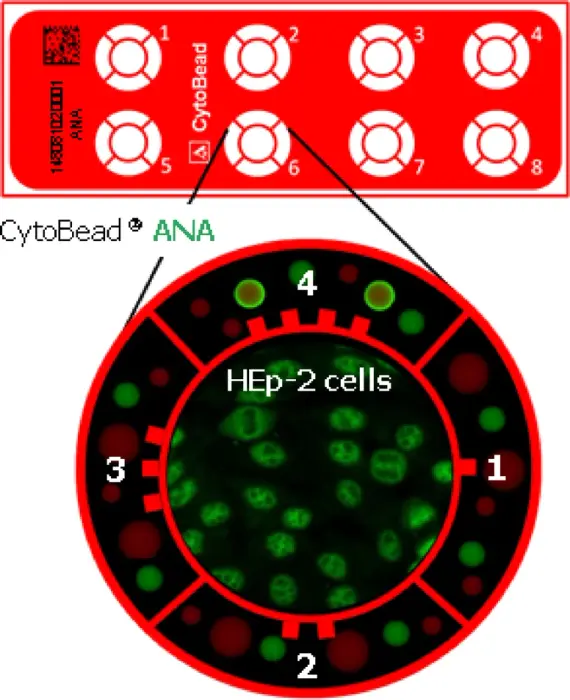Stefan Rödiger
Prof. & Researcher focused on #Bioanalytics, #Bioinformatics, #Pharma, Human #diagnostics (#LiquidBiopsy) and a bit #Forensics
Next Monday I'll be giving a talk with @yabellini at the Big Team Science Conference. We'll be talking about @rOpenSci's community and resources for working together on statistical analysis code. After years of working independently, I've met some great colleagues and learned a lot. https://bigteamscienceconference.github.io
Big publishers took actions that are making your research output less FAIR than it was before. And we paid for that.
"That's 533,080 / 2,366,604 = 22.5% with abstracts in OpenAlex—a dramatic fall from the ~83% Bianca reported in November 2024." https://doi.org/10.59350/5cj54-ha154
"OpenAlex Analytics alpha is paused." https://openalex.org/analytics
@OpenAlex has paused their Analytics Dashboard alpha because it's too expensive and they want to focus on the backend rewrite.
Hopefully, they'll continue their work in the future! I really liked their interactive query writing interface.
Von Sicherheit in Krisenzeiten bis zu neuen Therapieansätzen bei Darmkrebs: Die DFG fördert vier neue #Forschungsgruppen mit insgesamt rund 20,5 Millionen Euro, darunter eine im Rahmen der D-A-CH-Zusammenarbeit mit dem @SNF_ch Schweizerischen Nationalfonds (SNF).
Einzelheiten: https://www.dfg.de/de/service/presse/pressemitteilungen/2025/pressemitteilung-nr-31
UK theoretical neuroscience workshop - Dec 16 in London. I'll be speaking at this alongside a load of other cool people. Come along! (It's free.)
https://dpinotsis.wixsite.com/uk-theoretical-neuro
#neuroscience #ComputationalNeuroscience #TheoreticalNeuroscience
Begutachtung, Bewertung ➡️ und dann die Entscheidung: Heute tagt der Hauptausschuss der DFG wieder turnusmäßig – und beschließt auch die #Förderung zahlreicher Projektanträge. Welchen Weg ein Förderantrag bis hier genommen hat und wie das Entscheidungsverfahren funktioniert, erklären wir in dieser Übersicht:
https://fcld.ly/entscheidungsweg
ORCID is committed to making it as easy as possible for our members to contribute data to records. What is good for researchers is also good for the whole research community. 🙌
When ORCID members contribute data to ORCID records, it helps researchers demonstrate their scholarly bona fides and promotes the discovery of their research, the transparency of its processes, facilities, funding, publications, and more. ✅
Learn more 👉 https://info.orcid.org/?s=trust+markers
Our study in Scientific Reports evaluates the performance of the CytoBead ANA 2 assay, a novel one-step method for detecting antinuclear antibodies (ANA) and specific autoantibodies in systemic autoimmune rheumatic diseases (SARDs).
We compared CytoBead ANA 2 to traditional ANA indirect immunofluorescence (IIF) and the BioPlex™ 2200 multiplexed assay, finding substantial agreement (κ=0.74) and comparable diagnostic accuracy. The assay also effectively identified the dense-fine speckled (DFS) pattern associated with anti-DFS70 antibodies in non-SARDs patients.
This approach streamlines ANA testing by combining screening and confirmation in a single step, offering a promising alternative to the current two-tier process.
Read the full paper: Nature Scientific Reports
#Autoimmunity #Rheumatology #Diagnostics #ANA #Research




